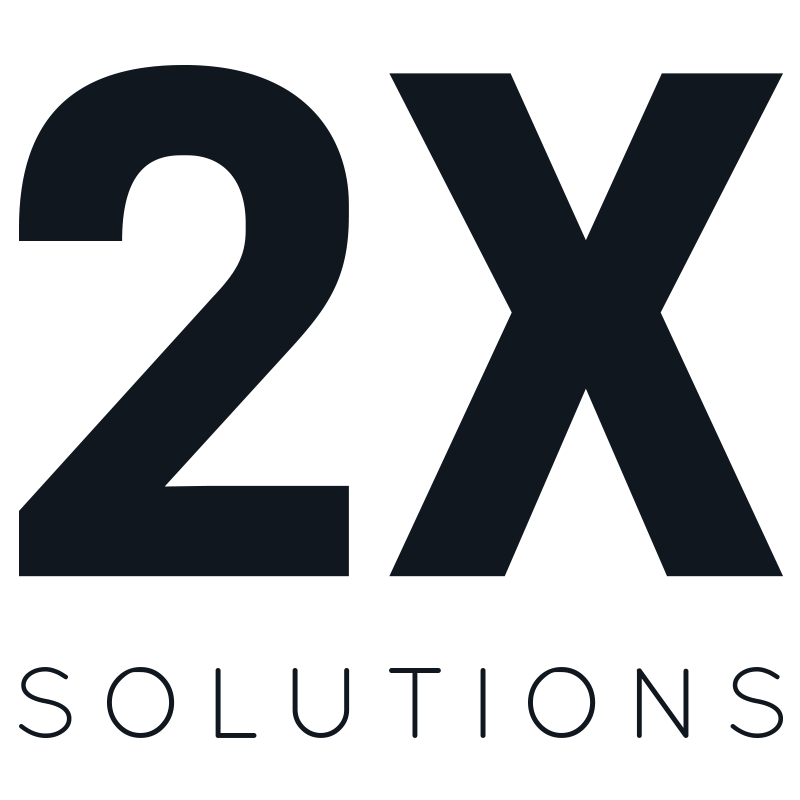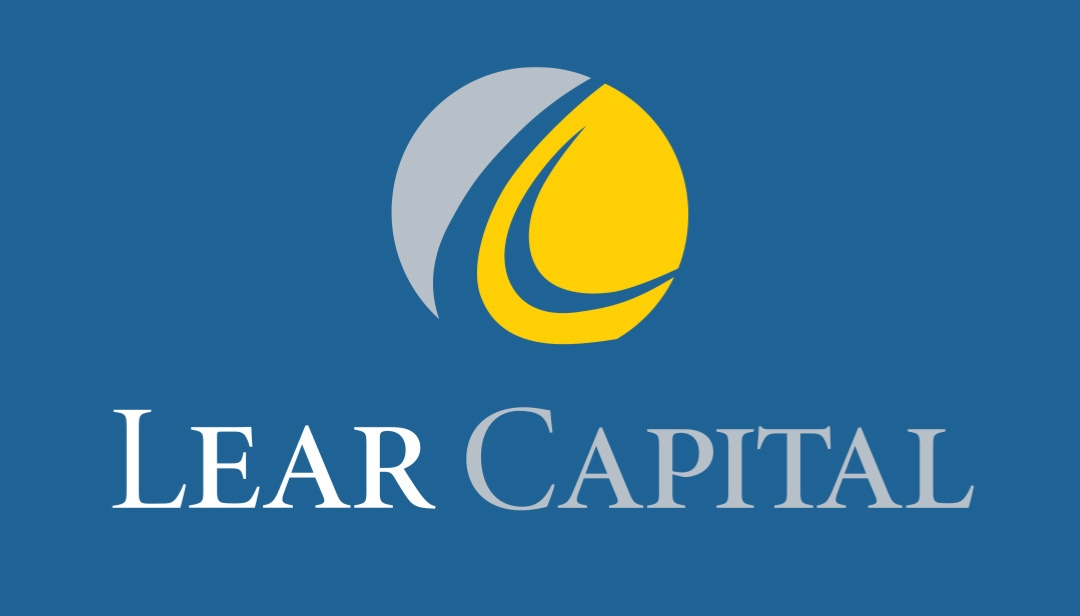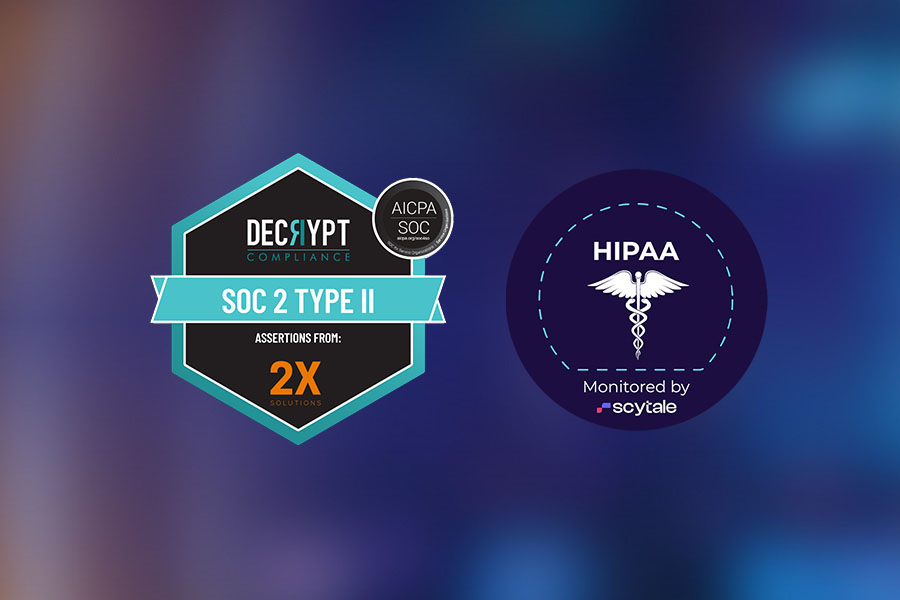The rise of AI voice cloning technology is creating both opportunities and ethical dilemmas. While it offers new possibilities for entertainment and accessibility, it also poses risks of misuse and unauthorized voice replication, as seen in the concerns voiced by actors and public figures.
The Opportunities and Risks of AI Voice Cloning
AI voice cloning is a revolutionary technology that allows the replication of human voices with remarkable accuracy. This innovation has opened up new avenues in various fields, from entertainment to accessibility. For instance, AI-generated voices can be used to create lifelike virtual assistants, enhance video game characters, and provide personalized experiences in audiobooks and other media.
However, the technology also brings significant risks. The Australian Association of Voice Actors (AAVA) has highlighted the potential for AI to replace human voice actors, putting thousands of jobs at risk. According to AAVA, an estimated 5,000 local voice actors are already in danger, with companies investing in AI technologies to replace human roles in commercials, audiobooks, and video games. This shift threatens the livelihoods of many actors who have traditionally brought quality, credibility, and humanity to these mediums.
Ethical Concerns and Industry Impact
The ethical implications of AI voice cloning are profound. One of the primary concerns is the unauthorized use of voice clones. Actors have reported instances where their voices were cloned and used without consent, raising issues of control and compensation. For example, Cooper Mortlock, an Australian actor, experienced his voice being cloned for an animation project without his approval, demonstrating the potential for abuse in the industry.
The AAVA advocates for stringent regulations to protect voice actors. They call for laws to govern consent, control, and compensation for AI-generated voices, ensuring that artists are fairly paid and have complete control over how their voices are used. This is crucial to prevent exploitation and maintain the integrity of the voice acting profession.
The Creative Limitations of AI Voices
Despite the technological advancements, AI-generated voices often lack the creativity and nuance that human voice actors bring to their roles. Mortlock argues that AI voices are “as wide as an ocean but as shallow as a puddle,” lacking the depth and spontaneity that human performers contribute to creative projects. This sentiment is echoed by others in the industry who believe that AI cannot replicate the human touch necessary for engaging storytelling and character development.
Moreover, while AI voice technology has improved, it still struggles with accents and regional nuances. Initially, AI voices had a pronounced American inflection, even when attempting to replicate Australian accents. Although newer services offer a wider range of accents and voices, the technology’s expansion raises concerns about the authenticity and quality of the replicated voices.
Balancing Innovation and Protection
The future of AI voice cloning hinges on finding a balance between innovation and ethical considerations. Companies like Replica Studios are exploring ethical approaches by licensing voices from actors and ensuring that they are compensated when their clones are used. This model aims to protect the interests of voice actors while leveraging the benefits of AI technology.
However, the industry must continue to develop frameworks that ensure transparency and fairness. The AAVA emphasizes the need for ethical guidelines and legal protections to prevent unauthorized use and ensure that actors are fairly compensated. Without such measures, the rise of AI voice cloning could undermine the very foundation of the voice acting profession.
Conclusion
AI voice cloning is a double-edged sword, offering exciting possibilities and posing significant ethical challenges. While it has the potential to revolutionize industries and create new opportunities, it also threatens the livelihoods of voice actors and raises concerns about unauthorized use and compensation. As the technology continues to evolve, it is imperative to establish robust ethical frameworks to protect the interests of all stakeholders and ensure that innovation does not come at the expense of human talent and creativity.






